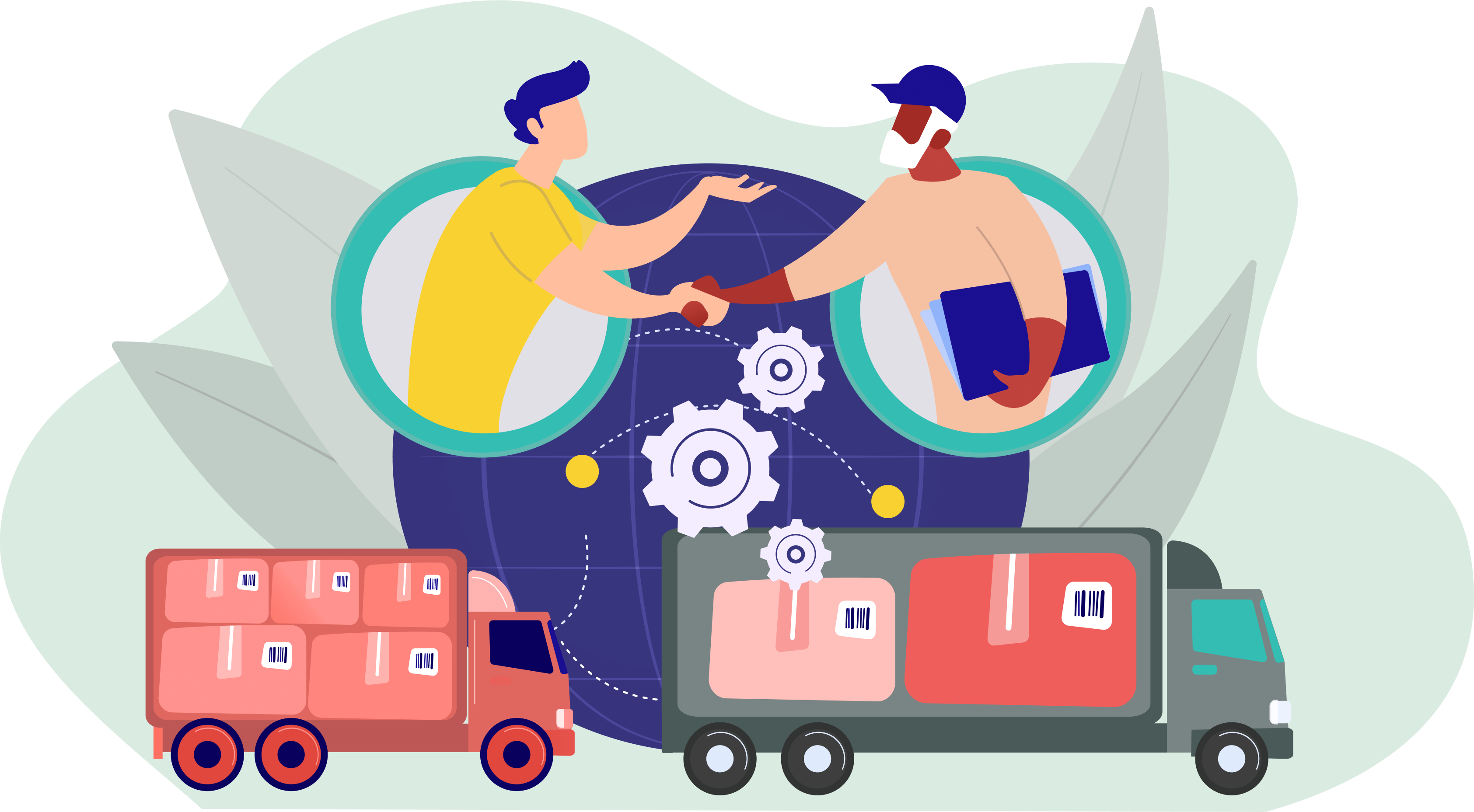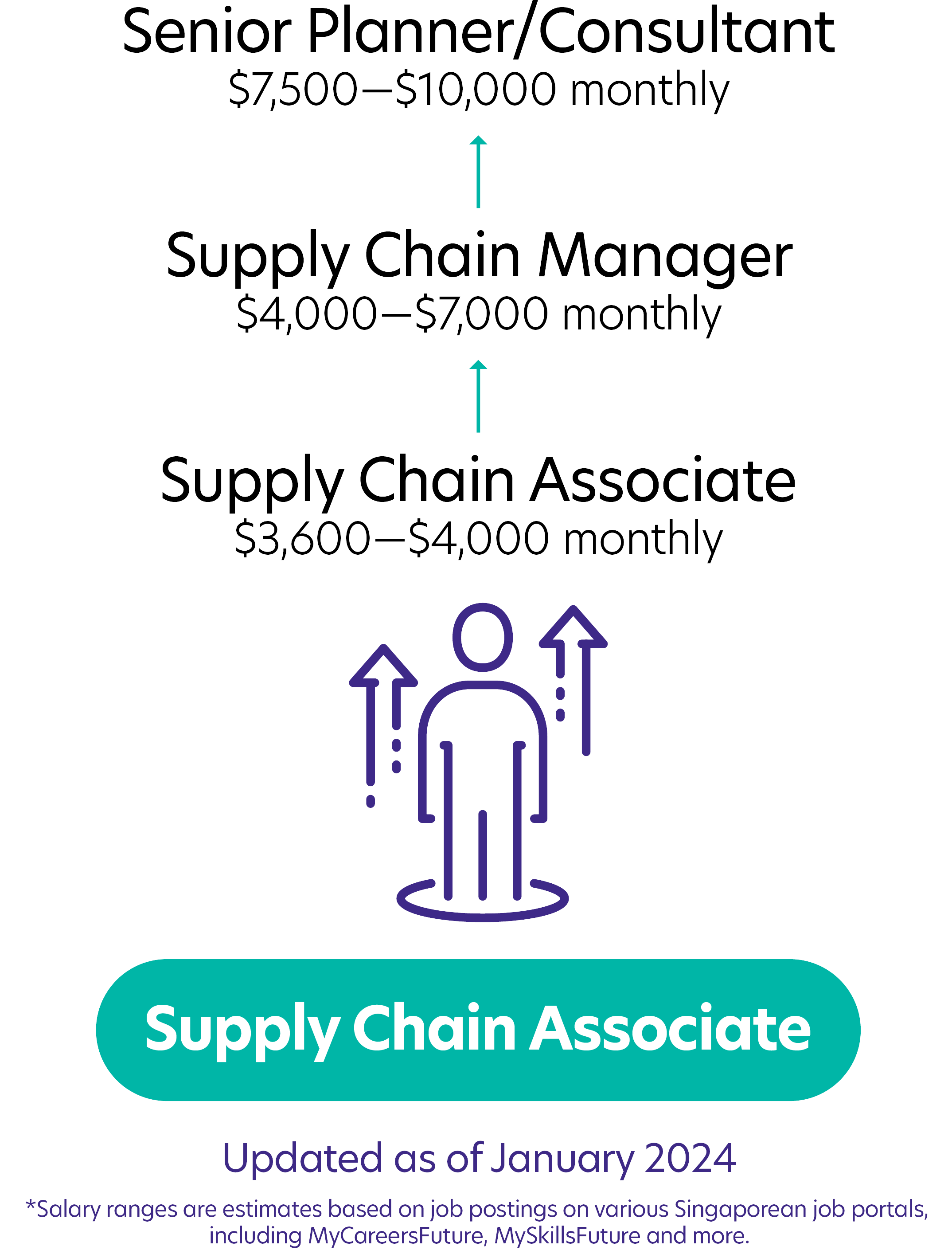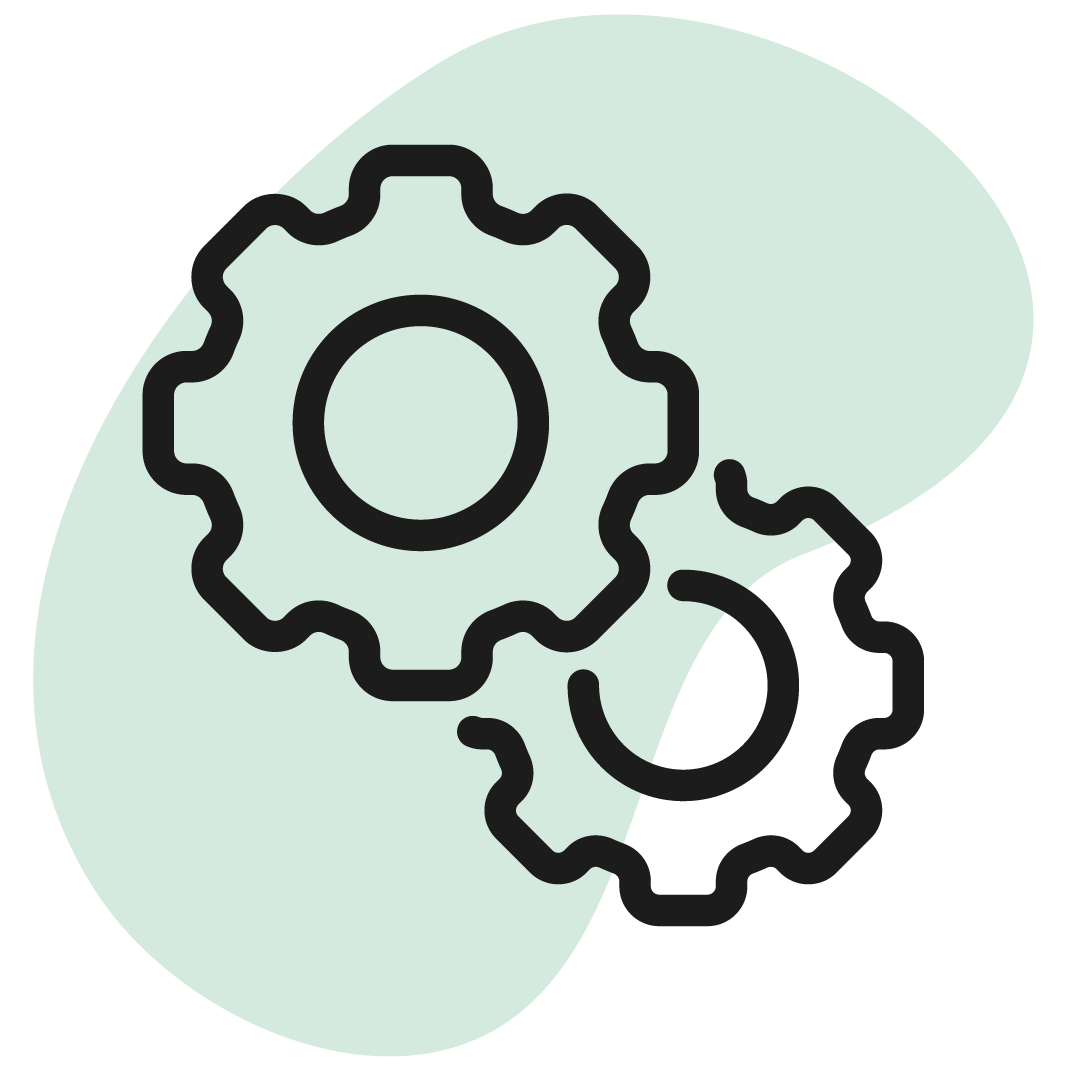
A Supply Chain Associate ensures smooth supply chain operations by tracking inventory, managing shipments to production and meeting distribution and sales goals.
Supply Chain Associate Job Description
- Review and register vendor contracts.
- Schedule deliveries and monitor shipments.
- Check shipped loads for inventory accuracy.
- Process customer orders and ensure they are accurate.
- Collaborate with logistics personnel to ensure that orders are fully met.
- Analyse Supply Chain data to identify trends, forecast demand, and optimise inventory levels.
- Coordinate with suppliers to resolve issues related to quality, delivery delays, and invoicing discrepancies.
- Implement improvements in Supply Chain processes to increase efficiency and reduce costs.
- Maintain accurate records of all Supply Chain transactions, including procurement, storage, and distribution activities.
Note
Supply Chain Associates streamline operations, overseeing procurement to delivery. They analyse market trends to forecast needs, manage supplier relationships, and ensure compliance with regulatory standards, enhancing the supply chain's responsiveness and reliability.
What you should know about Supply Chain Associate jobs in Singapore
Nature of Work
As Supply Chain Associates, you will be greatly sought after in the job market as you will function as an expert in Supply Chain operations and ERP systems.Key Advice
In Retail, be prepared for 24/7 on-call duties and working outside standard hours, including nights and weekends, due to its non-stop nature.-
Entry RequirementsEntry Requirements
- A bachelor’s degree in Business, International Trade or Supply Chain & Logistics is preferred.
- Proficiency in Supply Chain Management software, such as SAP SCM, Oracle SCM Cloud, or similar systems, to efficiently manage and analyse Supply Chain operations.
- Experience with inventory management practices and techniques, including Just-In-Time (JIT) inventory, to minimise stock holding costs and maximise space utilisation.
- Must have relevant certifications like the Certified Supply Chain Professional (CSCP) from APICS or similar credentials.
-
Possible PathwayPossible Pathway

Skills you need to pursue a Supply Chain Associate career in Singapore
 Hard Skills
Hard Skills
Sales Techniques
Ability to apply strategic sales techniques to boost transactions and improve processes.Computer Skills
Able to navigate advanced Supply Chain software to streamline operations.General Knowledge of Products
Possesses comprehensive knowledge of inventory details and variations.Customer Service
Ability to provide top-tier customer service, ensuring satisfaction and building loyalty.Analytical Skills
Ability to utilise data analysis to identify and implement Supply Chain efficiencies.Time-Management
Excellent at time-management techniques, ensuring all tasks are completed by deadlines.Related Job Roles
Explore Other Programmes
Browse AllYou have bookmarked your first item!
Find it in My Discoveries with insights on your interests!



